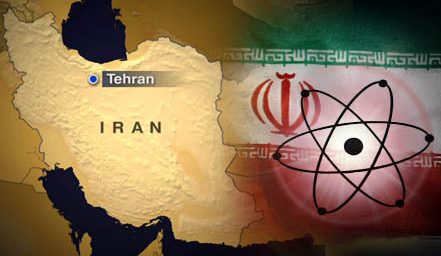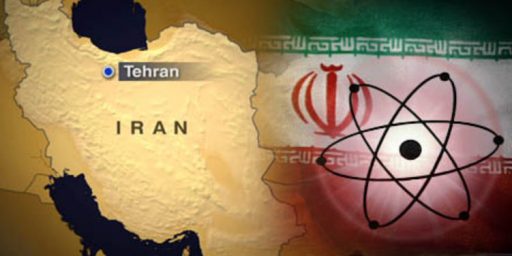The U.N.’s Successor
Last September, Don Sensing argued that the way to fix the U.N. was to make democratic governance a prerequisite for joining, so that it would be a coalition of like-minded, legitimate states. I wrote that the idea had some practical problems and that there was virtually no chance of it actually happening. Jonathan Rauch informs us that it may be happening already:
Since 1996, a handful of foreign-policy wonks have been kicking around the idea of a “democracy caucus” at the U.N. Two administrations, first Bill Clinton’s and then George W. Bush’s, took quiet but significant steps in that direction. Now, according to Bush administration officials, the concept will be test-flown at the six-week meeting of the U.N. Commission on Human Rights that began on Monday in Geneva.
Reached at his Chicago law office shortly before his departure for Geneva, Richard S. Williamson, the U.S. ambassador to the Human Rights Commission, said, “It’s our hope, going to Geneva, to have two or three working sessions of the Community of Democracies — the democracy caucus, if you will.” Asked if the meetings would be simply organizational or social, as earlier ones have been, he said: “We want to move beyond that. We are hopeful there will be meetings to discuss particular agenda items at the commission meeting and seek to find a common approach to them.” Losing no time, the democracy caucus convened over breakfast in Geneva on Wednesday.
Interesting indeed.
While we already have organizations that could operate in this fashion–NATO, the OECD, the G-7–they are all aimed at one issue area rather than the full scope of international affairs. I rather like the idea of regular meetings between the world’s democracies. But we need the UN or something like it to facilitate relations with powerful non-democracies with whom, like it or not, relations are necessary.
Hat tip: Kate McMillan





I (and many others I suppose) might find a reason to back the U.N. again if this comes to pass. The question comes down to what shape it would take and what powers it would have.
If it is just a tea and social club, why bother?